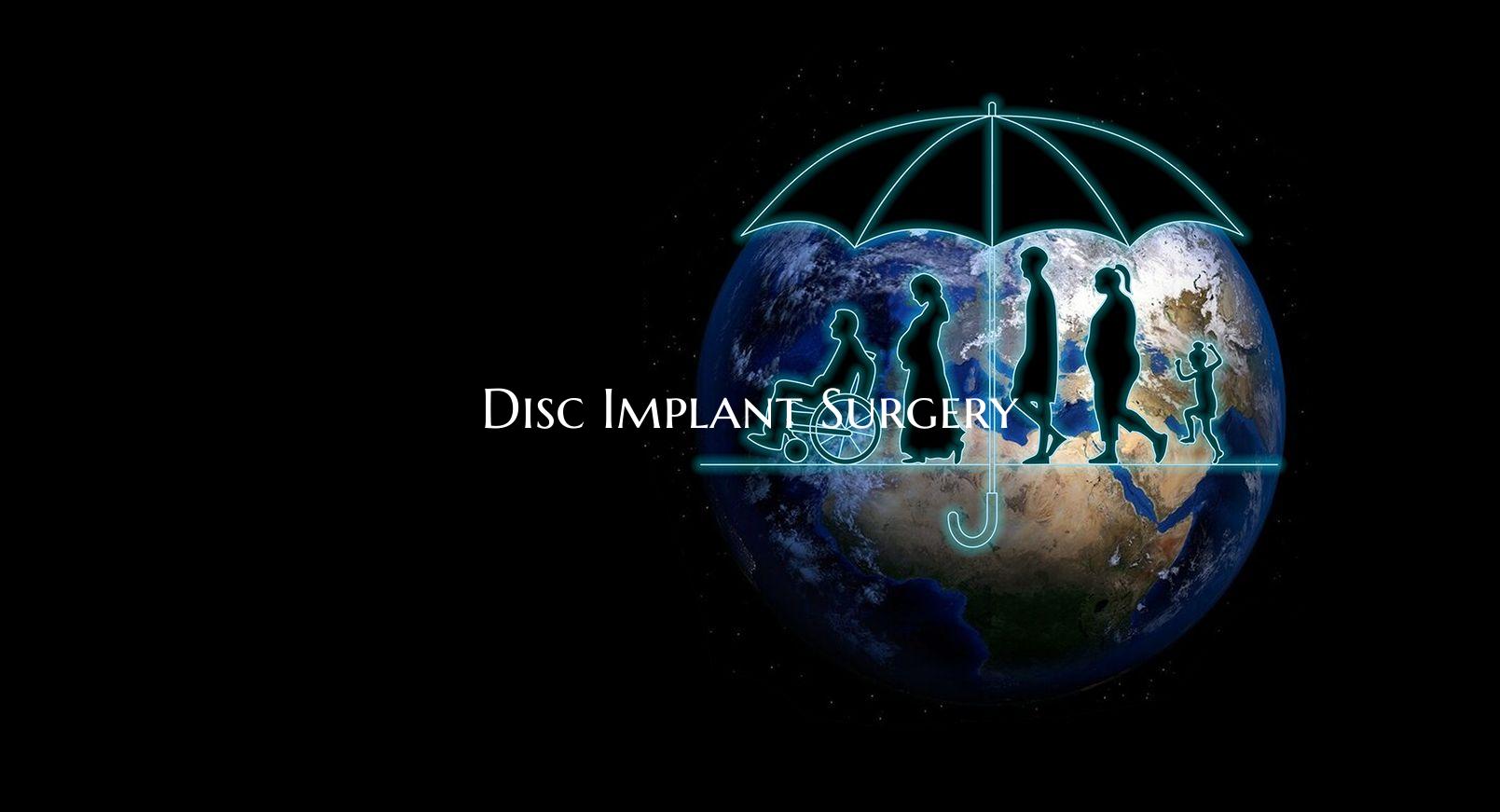
Disc Implant Surgery
Disc implant surgery, also known as artificial disc replacement (ADR), is a type of surgical procedure that aims to address disc-related issues in the spine. This innovative treatment option has gained popularity in recent years as an alternative to traditional spinal fusion surgery. In this article, we will delve into the details of disc implant surgery, including the procedure itself, the benefits it offers, and what to expect during the recovery process.
Procedure Overview: During disc implant surgery, the damaged or degenerated disc in the spine is removed and replaced with an artificial disc device. This procedure aims to restore motion and flexibility in the spine while reducing pain and improving overall function. The surgery is typically performed under general anesthesia, and the specific approach and techniques used may vary depending on the location and severity of the disc condition.
Benefits of Disc Implant Surgery: - Pain Relief: One of the primary goals of disc implant surgery is to alleviate chronic back or neck pain caused by disc degeneration or herniation. - Improved Mobility: By replacing the damaged disc with an artificial one, patients can experience restored flexibility and range of motion in the spine. - Reduced Risk of Adjacent Segment Degeneration: Unlike spinal fusion surgery, disc implant surgery aims to preserve the motion in the affected spinal segment, which may help reduce the risk of degeneration in adjacent levels of the spine. - Quicker Recovery Time: Patients undergoing disc implant surgery may experience a faster recovery time compared to traditional spinal fusion, allowing them to return to their daily activities sooner.
Recovery Process: After disc implant surgery, patients are typically monitored in the hospital for a few days to ensure proper healing and manage any post-operative pain. Physical therapy and rehabilitation play a crucial role in the recovery process, helping patients regain strength, mobility, and function in the spine. It is important for patients to follow their surgeon's post-operative instructions carefully, including restrictions on lifting, bending, and other activities that may strain the spine.
In conclusion, disc implant surgery is a promising treatment option for individuals suffering from debilitating disc-related spine conditions. By understanding the procedure, benefits, and recovery process associated with disc implant surgery, patients can make informed decisions about their spinal health and overall well-being. If you are considering disc implant surgery, consult with a qualified spine surgeon to discuss the best treatment options for your specific condition.